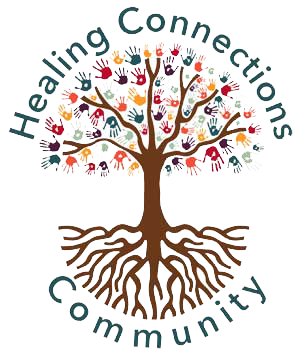Loneliness
Many people struggle with feelings of being disconnected and isolated from others, never more so than in the challenging times we’re now experiencing. In previous generations, family and community bonds were much stronger and more cohesive, which gave people a sense of belonging to a particular group or tribe. Nowadays, the break-down of the family unit and increasing geographical mobility in society can often lead to a feeling of rootlessness. Sometimes it’s obvious when people are suffering from loneliness, whereas for others it may be well hidden behind a veneer of coping defences. Regardless of how the person presents to the world, loneliness or alienation cause real suffering and take their toll on a person’s wellbeing and enjoyment of life.
There are basically three different types of loneliness – psychological, existential and spiritual. The existential psychiatrist and therapist, Irvin Yalom, focuses primarily on the first two kinds. He describes psychological loneliness as the pain of being isolated from other people, which has its roots in unresolved issues from childhood. It can be emotional, characterised by the absence or inability to form a close, intimate relationship or social, characterised by the absence of a community or network of friends to whom the person feels attached. Existential loneliness, according to Yalom, is more profound and originates from a deep sense of isolation, meaninglessness and lack of purpose in life. It often arises at times of major transition, when the ground seems to shift beneath someone and they no longer have a sense of who they are, their role in life or where they belong. There can often seem to be an unbridgeable gap between the person and the rest of society. The third type, spiritual loneliness, is probably less common than the other two kinds and is related to a deep longing for meaning, which transcends everyday life, and is connected to issues of faith, spirituality and the mystery of the unknown. It can arise from a deep longing to know your innermost self and a struggle to find your true calling in life, which can feel even more pressing than at a purely existential level.
These three types of loneliness are not always separate and distinct from each other, but can sometimes be inter-related. Times of major transition often stir up latent feelings related to identity, belonging and purpose in life, which leads to a kind of profound existential loneliness. The most important point to come to terms with is that the experience of loneliness can be a very real one. Acknowledging it, rather than trying at all costs to avoid it, brings you to a place of authentic connection to yourself. This is the starting point from which you can open up, develop more trusting relationships and deepen all your connections in a way that is truly healing. According to Carl Jung, loneliness is not necessarily inimical to companionship, for no one is more sensitive to companionship than a person who is lonely. Companionship only thrives when individuals remember their individuality and do not over-identify with others.

The Difference between Loneliness and Solitude
It’s very important to differentiate between loneliness and solitude. Loneliness is often marked by a sense of loss and isolation, whereas solitude is a state of being alone without being lonely. The psychoanalyst, Donald Winnicott, described solitude as a state in which it is possible to be ‘calm, restful, relaxed and feeling at one with people and things when no excitement is around’. He said that, ‘If you can experience solitude rather than loneliness, you have this capacity not because you possess a superior emotional backbone, but because you have had satisfying connections with others’. In order to cultivate your capacity to be comfortable during times of solitude you may want to set aside some time to be alone on a regular basis. This enables you to re-charge your batteries and clear your mind of the stresses that are so often part of daily life. Giving and receiving are two sides of the one coin. Unless you can give time and space to yourself, you may well end up feeling depleted if you constantly give away your energy to others. Engaging in mindfulness, grounding techniques and other reflective practices can be extremely beneficial.

Solitude
” Do not be afraid to embrace the arms of loneliness.
Do not be concerned with the thorns of solitude.
Why worry that you will miss something?
Learn to be at home with yourself without a hand to hold.
Learn to endure isolation with only the stars for friends.
Happiness comes from understanding unity.
Love arrives on the footprints of your fear.
Beauty arises from the ashes of despair.
Solitude brings the clarity of still waters.
Wisdom completes the circle of your dreams. “
~Nancy Wood
